Home > Climate News >
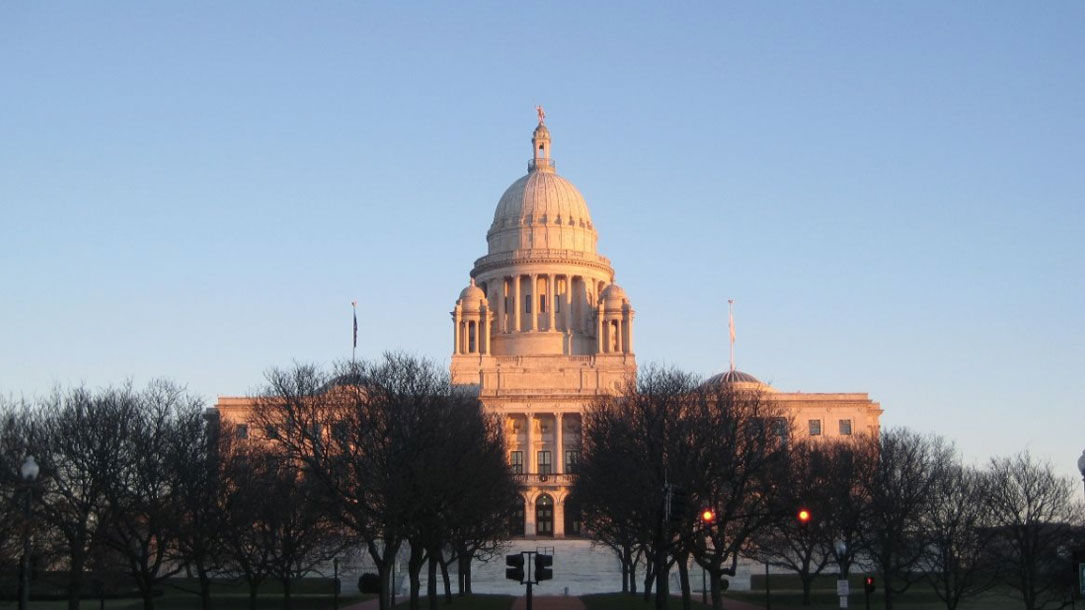
Urban forestry takes on the world. But first, Rhode Island
Among dozens of new trees transforming a muddy Catholic elementary schoolyard, the pastor opened his Bible only a handful of pages, going full Old Testament in his impassioned spiritual plea for more trees.
Beside him stood Rhode Island’s Governor Gina Raimondo, who had just given an equally impassioned speech about the many scientific and public health benefits of trees. And when the children were unleashed with shovels to plant the final tree, it reminded everyone what perspective matters most: creating a stable future together…
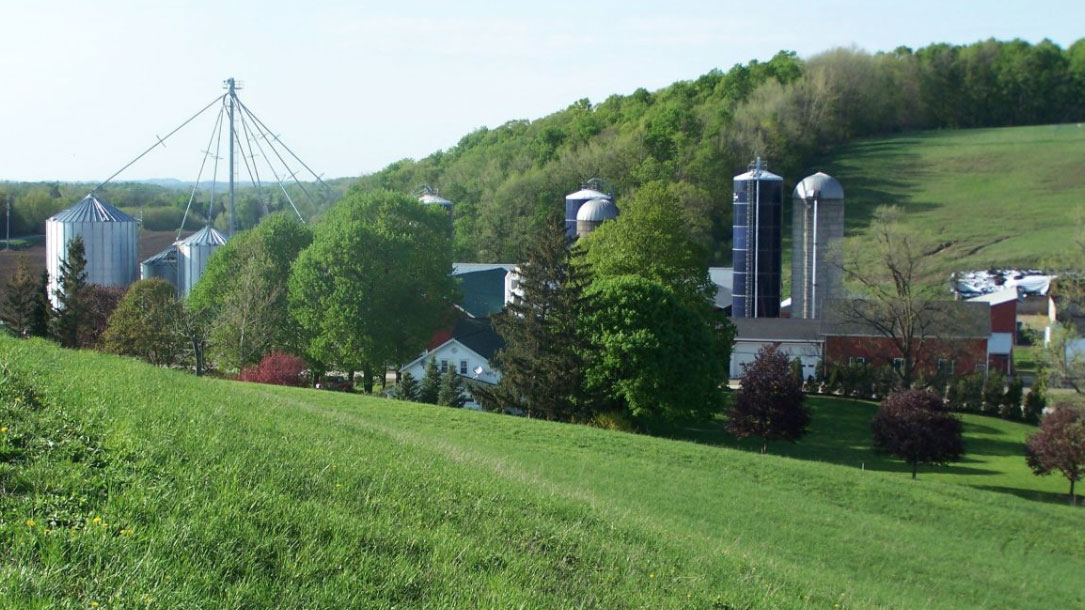
Startups aim to pay farmers to bury carbon pollution in soil
Last summer, Boston-based Indigo Agriculture made headlines in business media with the announcement of its Terraton Initiative, which aims to pay growers to sequester one trillion tons of carbon dioxide.
Although Indigo is involved in a range of farm-related activities, from microbial seed treatments to agronomy (expert farm consulting, essentially) and crop transportation, soil carbon is a major focus. The company has promised that farmers who signed up for its carbon program before the end of 2019 will receive at least $15 per metric ton sequestered. Payments will be financed partly through the sale of offsets, which go for $20 per ton. As of late January, growers had committed more than 17 million acres to the program, according to Indigo’s website…
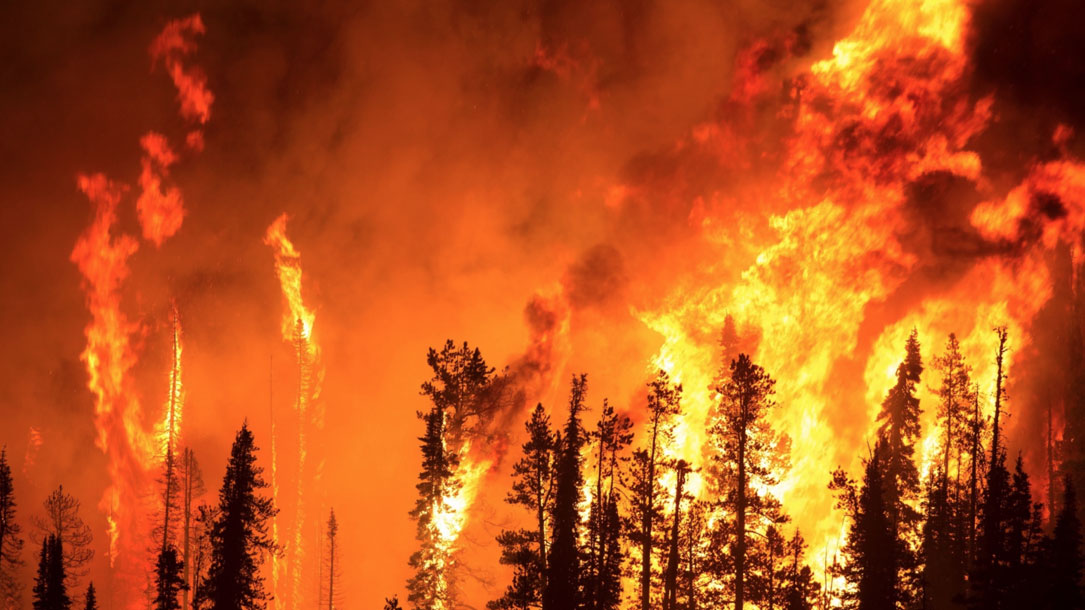
Thousands flee beach towns after prime minister proclaims Australia ‘wonderful place to come’
“Hot, windy weather swept back into southeastern Australia on Thursday, whipping historic bushfires and prompting authorities to urge evacuation of several coastal towns.
The evacuation order came hours after Prime Minister Scott Morrison urged foreign tourists, normally now flocking to the beaches in Australia’s summer, not to be put off by the historic fires…”
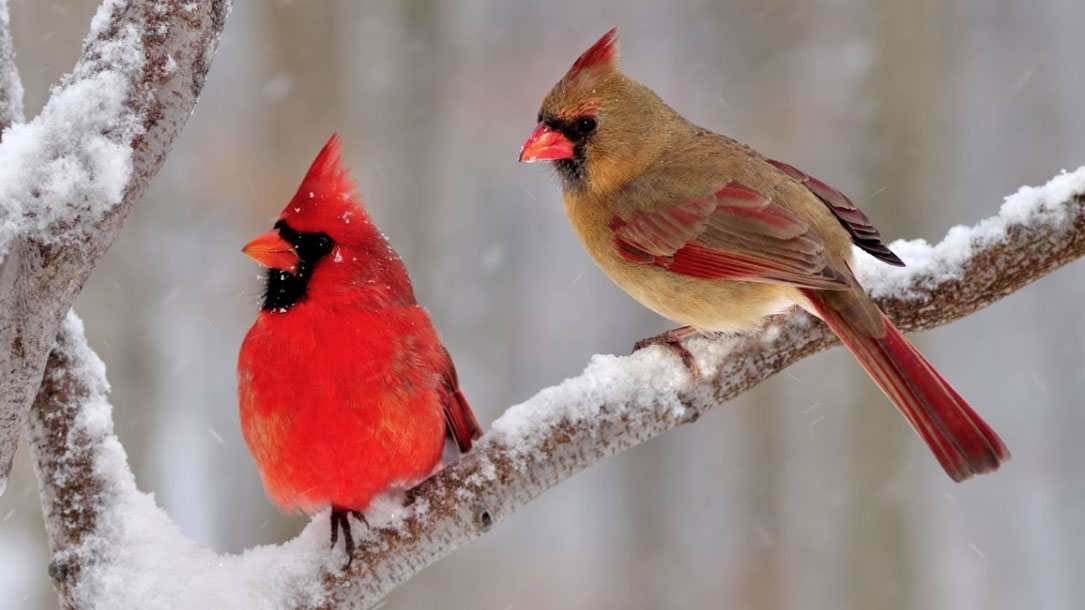
Republican and Democratic voters actually agree on many climate change fixes. So why no action?
As Australia burns and the Earth just ended the warmest decade on record, Democrats and Republicans disagree so sharply on climate change ideas that there’s no hope of working on the problem, right?
Actually, wrong. Despite all the squabbling, the majority of Americans—of all political parties—say climate change is real and agree on many things we need to do to fix it…
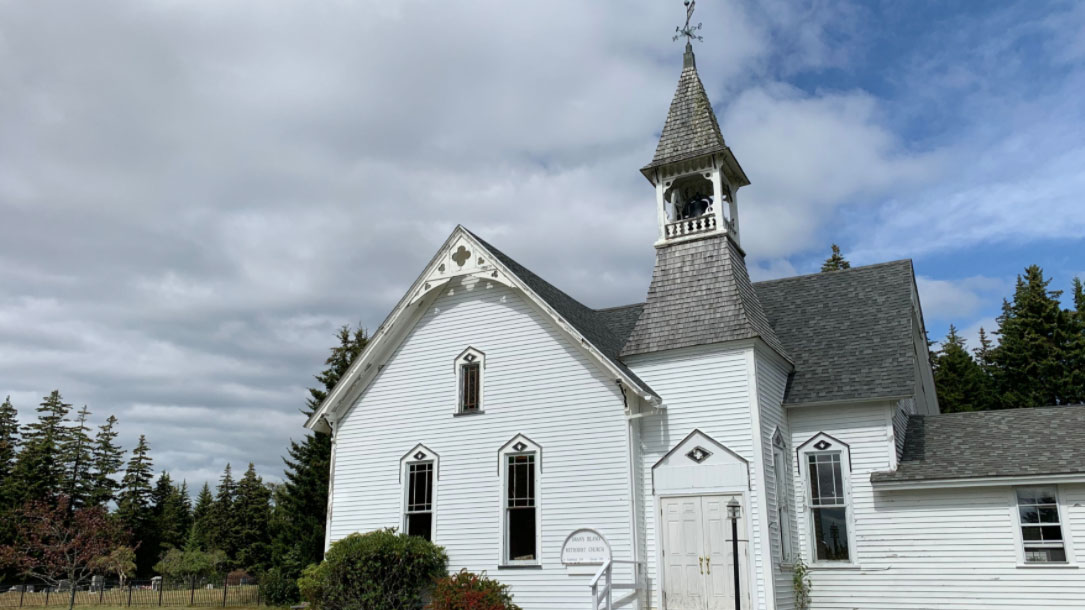
Solar light of the world: Evangelicals launch global clean energy campaign
Solar panels could be coming soon to a church near you. Through a campaign called Project 20.’25, the World Evangelical Alliance (WEA) has set out to get 20 percent of its members to convert fully to clean energy by 2025.
This fall, the global network announced its partnership with Smart Roofs Solar Inc. Together they will help universities, health care facilities, and churches looking to adopt clean power, including offering guidance for local suppliers and providing financing options.
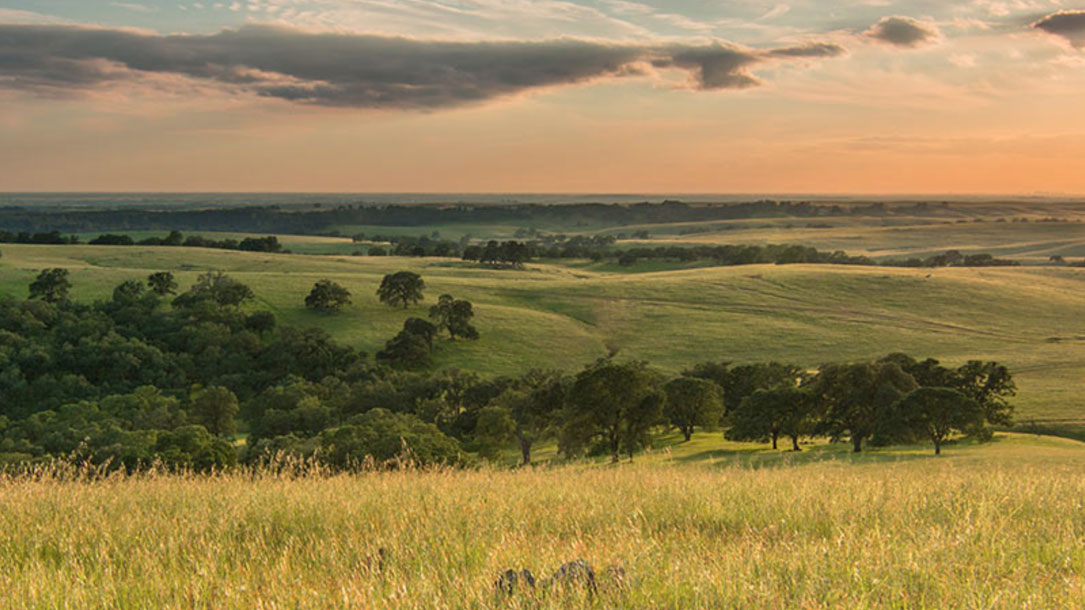
Grasslands More Reliable Carbon Sink Than Trees
“Forests have long served as a critical carbon sink, consuming about a quarter of the carbon dioxide pollution produced by humans worldwide. But decades of fire suppression, warming temperatures and drought have increased wildfire risks — turning California’s forests from carbon sinks to carbon sources.
A study from the University of California, Davis, found that grasslands and rangelands are more resilient carbon sinks than forests in 21st century California. As such, the study indicates they should be given opportunities in the state’s cap-and-and trade market, which is designed to reduce California’s greenhouse gas emissions to 40 percent below 1990 levels by 2030…”
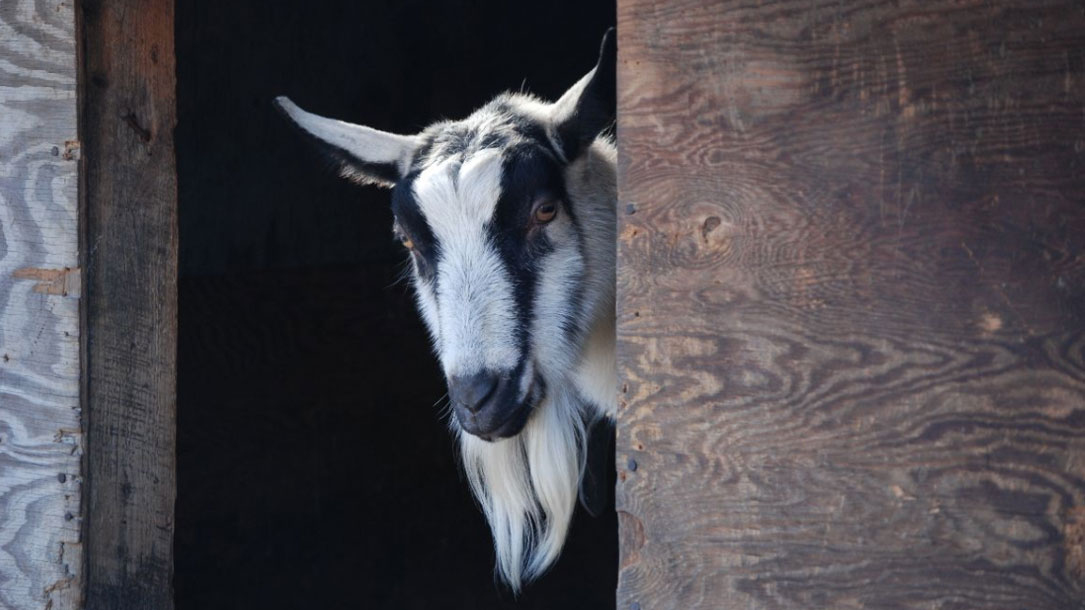
After a rough year, farmers and Congress are talking about climate solutions
As millions of acres of American farmland sat under historic floodwaters this spring, a remarkable pattern began to emerge.
Even among fields that sat side-by-side, with the same crops and the same soil type, researchers and farmers noticed that some bounced back faster than others.
What made the difference?
The fields that were slow to drain and remained waterlogged longer had been farmed conventionally—tilled, left bare, and unplanted over the winter. The fields that drained quickly and were ready for sowing hadn’t been tilled in years and had been planted every winter with cover crops, like rye and clover, which help control erosion, improve soil health and trap carbon in the soil…
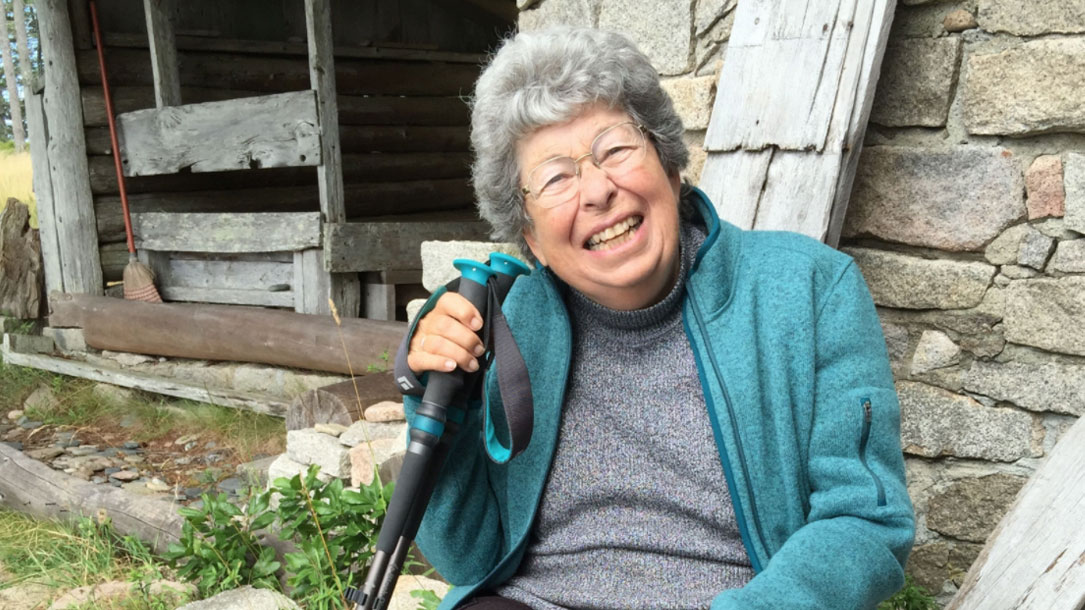
Lifestyle changes aren’t enough to save the planet. Here’s what could.
There is a long history of industry-funded “deflection campaigns” aimed to divert attention from big polluters and place the burden on individuals. Individual action is important and something we should all champion.
But appearing to force Americans to give up meat, or travel, or other things central to the lifestyle they’ve chosen to live is politically dangerous: it plays right into the hands of climate change deniers whose strategy tends to be to portray climate champions as freedom-hating totalitarians.
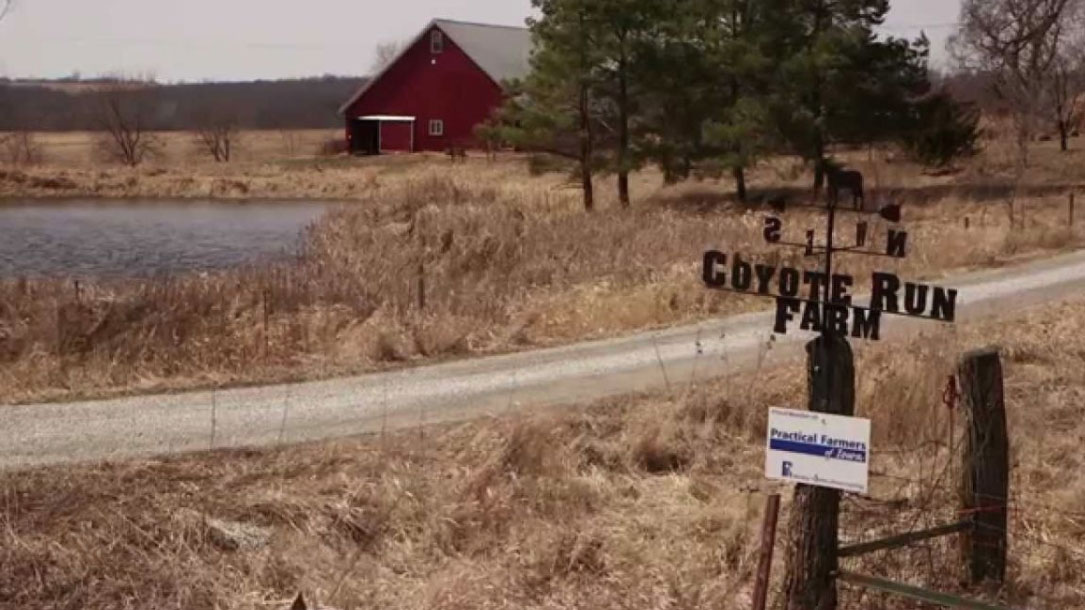
One man is trying to fight climate change by mobilizing an unlikely team: Iowa’s farmers
In early March, just a week before the Midwest was inundated by catastrophic flooding, a dozen farmers gathered at the First Presbyterian Church in Grinnell, Iowa, for an event billed as a conversation about “Faith, Farmers, and Climate Action.” “How is God calling you to use your farm to improve the world?” asked the evening’s facilitator, Matt Russell. “We’ve got this narrowing window of time in which we can act,” he said. “When we think about climate action—are you feeling any call to that?”
Russell directs the Iowa branch of Interfaith Power and Light, a nonprofit that promotes a religious response to global warming. A fifth-generation farmer who runs a livestock operation with his husband in nearby Lacona, Iowa, the 48-year-old nearly became a Catholic priest in his twenties but then got a degree in rural sociology. Now he preaches that America’s farmers—a demographic seen as religious and conservative—are a secret weapon in the climate fight.
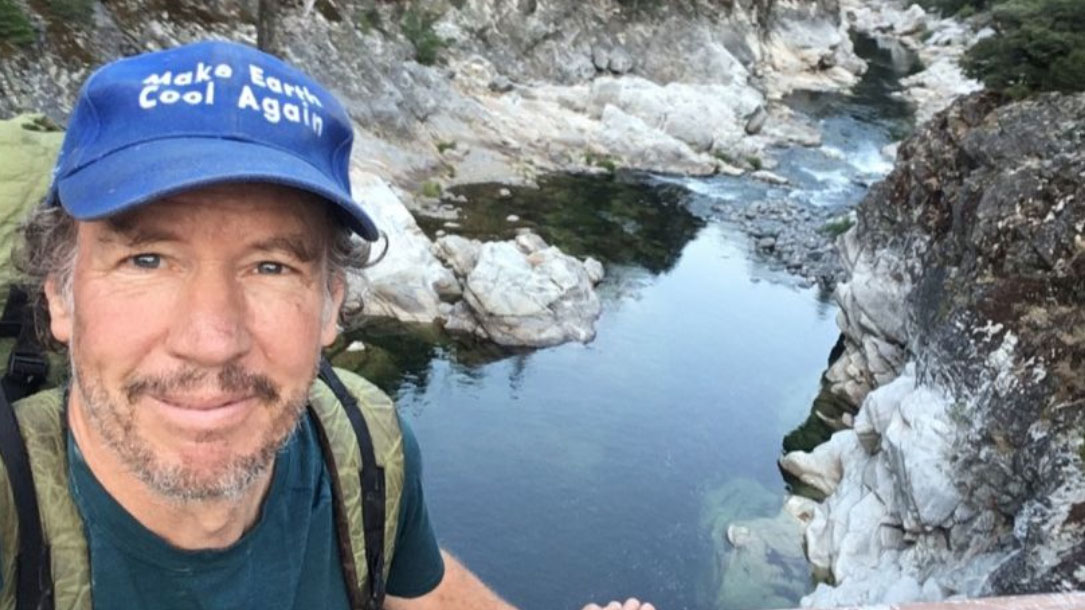
Climate change fears propel scientists out of the lab and into the world
When Steve Ghan set out to walk 1,500 miles of the Pacific Crest Trail, he brought along a bright blue hat emblazoned with four words: “Make Earth Cool Again.” It often drew compliments from other hikers, which he used as an opening.
“I’d tell them, ‘Yeah, I’m a climate scientist and I want to stop climate change,’” said Ghan, who completed the California segment of the trail in 2018…












